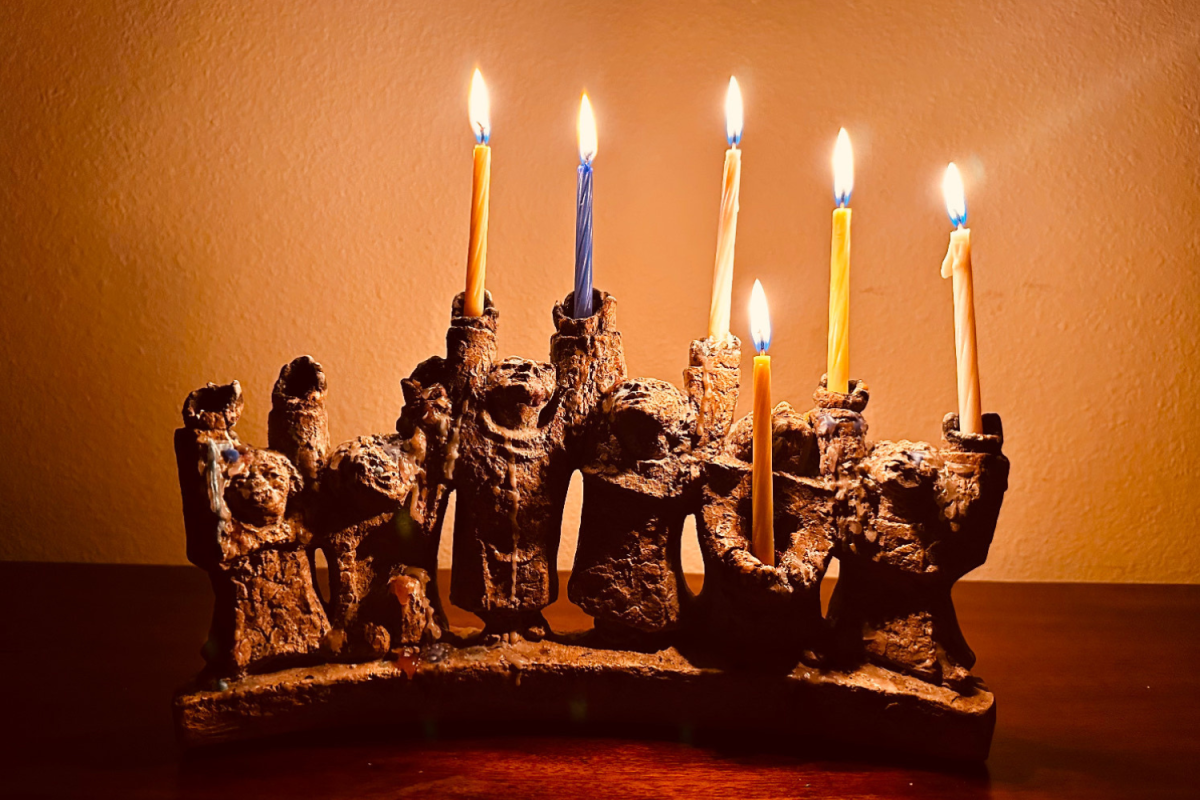Hanukkah, also known as the Festival of Lights, may be a minor Jewish holiday, but its roots go back more than two millennia. According to the Hebrew calendar, it has always occurred on day 25 of the month of Kislev. Because the U.S. commonly follows a different calendar, Hanukkah falls on different dates yearly. It typically happens in December, although there have been exceptions. One such exception was in 2013 when Hanukkah occurred in November, close to Thanksgiving. As it usually comes about during Christmas, Hanukkah is considered the Jewish equivalent of this core Christian holiday. However, while it is much less fundamental than other Jewish holidays, its history and meaning are no less poignant.
The historical events connected to Hanukkah began in Jerusalem after the Jews of Judea fought against the rule of Syrian King Antiochus IV Epiphanes. King Antiochus had outlawed Judaism, forcing Jews to worship Greek gods instead of their single God. The king’s soldiers then desecrated the Second Temple in Jerusalem, constructing altars for gods like Zeus and sacrificing animals inside. While some Jews converted for fear of persecution, others formed a resistance to Antiochus’ oppression. Judah the Maccabee, his brothers, and his father, Matthathias, were at the forefront of this resistance.
Within a few years, Judah the Maccabee and his followers, the “Maccabees” were able to retake the Temple in Jerusalem and sought to cleanse and rededicate it to the Jewish God after its desecration. As the story goes, the Maccabees lit the Temple’s oil lamp which had only a sparse amount of oil and was expected to last only about one night. Instead, the oil’s flame stayed bright for eight days, enough time for more oil to be brought to keep the oil lamp lit. This was seen as a miracle, which became an annual, eight-day celebration. Thus, Hanukkah–meaning “dedication” in Hebrew, reflecting the Temple’s new commitment–was born.
Hanukkah’s history has many interpretations, some mentioning the miracle of the oil, while others do not. Regardless of how the holiday came to be, Hanukkah celebrates hope and the power of light amid dark and despairing moments.
Hanukkah 2023 ‑ Stories, Traditions & Origins | HISTORY
The History of Hanukkah | My Jewish Learning
Hanukkah vs. Christmas: What’s The Difference?
History: The Hanukkah Story | Reform Judaism
history of Hanukkah by caporcelli

